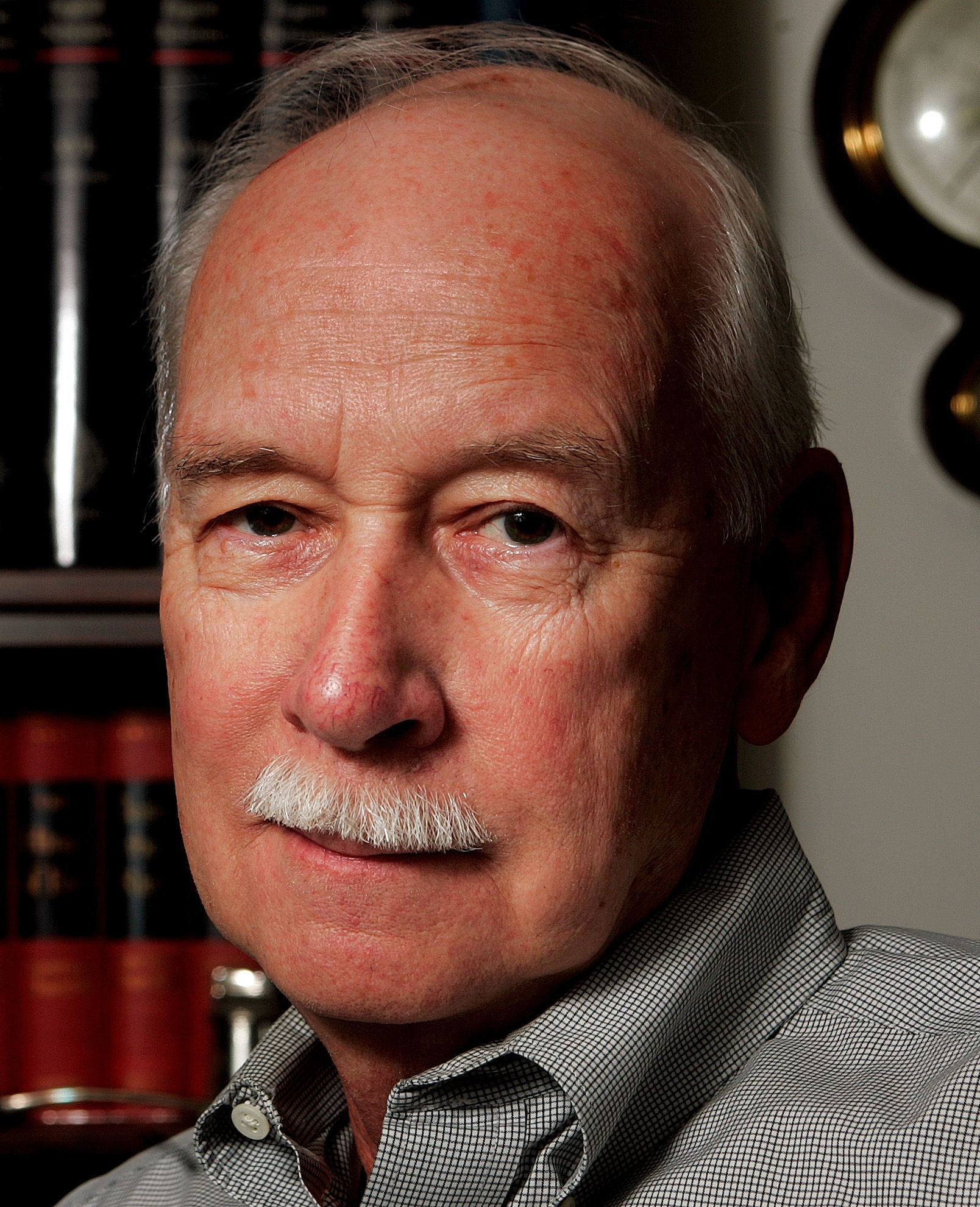The American Dream often plays a role in presidential election campaigns, and the current competition is no exception. At the heart of the issue-based debates are concepts like opportunity and motivation and their interaction with the roles of government and of individuals.
Things have to be simplified in government or else nothing would ever get done — and, again, this election, at least in the nomination process, is proving to be no exception.
Simplification, though, doesn’t always help us to understand what is going on. Some things, especially those things involving us humans, are more complicated than they first appear. And one of those things is what we call motivation.
In psychology laboratory experiments, motivation is sometimes reduced to refreshingly simple terms. The mouse is motivated by cheese and figures out a way through the maze to get it.
Simple “mouse spearmints,” as one person in the book, “Blue Highways,” perfectly described them, remain a considerable distance from human behavior, though, despite our tendency to be motivated by a strong liking for extra cheese. Once we move into the area of real human behavior, motivation can get complicated. Even our history gets involved.
Our country was founded by immigrants and their immediate descendants who were highly motivated — first to escape from the religious and political persecutions and the economic suppressions of Europe; and second to create in freedom a more prosperous future for themselves.
Throughout our history, too, immigrants who perhaps lacked resumes filled with achievements in their home country had the motivation and the energy to leave; to journey here for what they saw as an opportunity to make a better life. Many of them did just that.
The result of successive generations of this history is that we often took motivation for granted. We assumed, not unreasonably, that wage incentives would motivate workers, and that kids would be motivated learn things in school. Both of these assumptions, even though they both still seem reasonable, aren’t working out the way they should.
The Brookings Institution recently published a research paper entitled, “Income Inequality, Social Mobility, And the Decision to Drop Out of High School.” In it authors Melissa S. Kearney and Phillip B. Levine explore the idea that “…greater income inequality could lead low-income youth to perceive a lower return to investment in their own human capital.”
What this means, essentially, is that when the gap between the haves and the have nots is sufficiently wide, the “what’s the use” effect snuffs out the “opportunity to get ahead” effect and people just stop trying. This could, in the authors’ words, “…lead to a perpetuation of economic disadvantage…” which would create precisely the kind of rigid class system that our country was built to avoid.
The authors’ findings could also explain why economically disadvantaged students drop out of high school despite the monetary incentives that exist to continue their education. The monetary payoff incentives are even greater for higher education but there the economic structure is very different and requires monetary outlays as well as an individual’s time and effort.
The Pew Research organization’s survey data, which is based on the Census Bureau’s data, shows that the number of middle income earners, which included 61 percent of our population in 1971, had shrunk to 50 percent by 2015. And while “middle income earners” is not exactly the same thing as “middle class” it is a pretty good substitute. The middle class is shrinking.
Both the high income and the low income classes are growing, and each group’s expansion presents problems for our country — the wealthy because they see their opportunities linked to political influence; and the low-income earners because, just as the Brookings research paper pointed out, fewer of them see traditional opportunities at all.
We tend to think of ourselves as a wealthy country, and by many standards we are. This often leads us to throw money at any problem that comes our way. It isn’t surprising, then, that we try to sell the idea of education to children and young adults on the basis of how much it will increase their incomes in the future. Colleges and universities shape their product to fit the constantly changing job market and brag to prospective students about their placement and initial earnings statistics.
The research paper by Kearney and Levine, though, is telling us that preaching economic incentives in terms of future earnings does not provide the motivation to stay in school. Their research work was limited to high school, but it seems likely that it is failing in higher education as well.
The problem is real and in its own way motivation is central to the presidential campaign. What is increasingly clear, though, is that we need a totally new approach.
James McCusker is a Bothell economist, educator and consultant. He also writes a column for the monthly Herald Business Journal.
Talk to us
> Give us your news tips.
> Send us a letter to the editor.
> More Herald contact information.
























